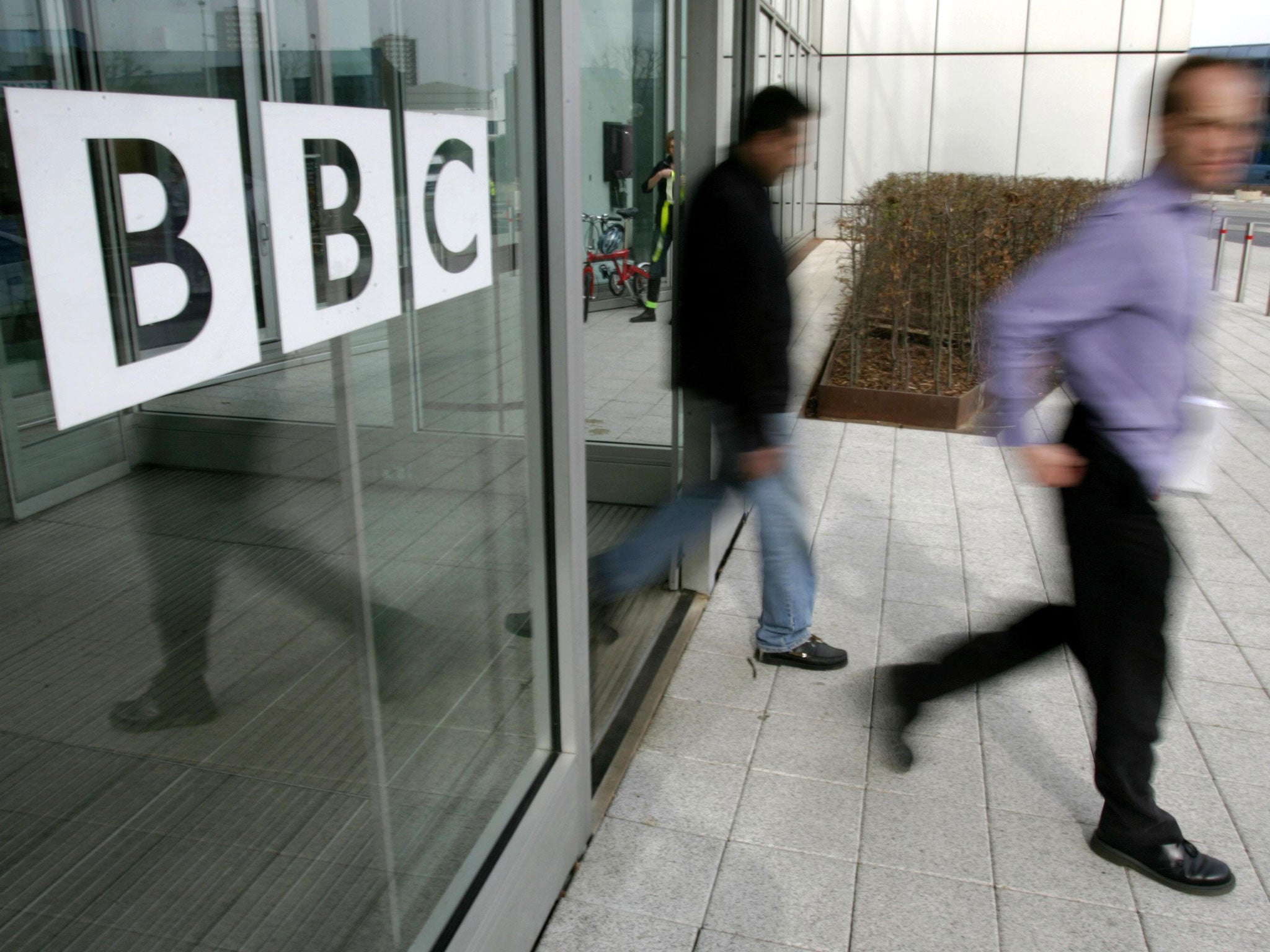BBC3 chief calls threat to channel 'perverse'
Zai Bennett's comments come after it was announced BBC3 would become an online channel

Your support helps us to tell the story
From reproductive rights to climate change to Big Tech, The Independent is on the ground when the story is developing. Whether it's investigating the financials of Elon Musk's pro-Trump PAC or producing our latest documentary, 'The A Word', which shines a light on the American women fighting for reproductive rights, we know how important it is to parse out the facts from the messaging.
At such a critical moment in US history, we need reporters on the ground. Your donation allows us to keep sending journalists to speak to both sides of the story.
The Independent is trusted by Americans across the entire political spectrum. And unlike many other quality news outlets, we choose not to lock Americans out of our reporting and analysis with paywalls. We believe quality journalism should be available to everyone, paid for by those who can afford it.
Your support makes all the difference.The chief of the threatened BBC3 channel has called the decision to move it online “perverse”.
Zai Bennett, who has been the controller of the youth oriented digital channel since 2011, argued it had won “numerous” awards “on a fraction of the budget of the big boys”.
Writing on the BBC website, he said: “I do find it slightly perverse that I am writing about the fact the station will cease to be a linear channel from next autumn.”
His comments come after the decision to make the channel online-only was announced last week in the hope that the change will save the BBC £50 million a year.
Mr Bennett, who joined the corporation from ITV, said it was “an enormous risk”.
He added that he and the “small but dedicated” BBC 3 team were shocked by the move.
“It is heartening that after the news sank in everyone talked about not only how to make this change work, but how to ensure the new BBC Three is world class,” he said.
“I am confident that the strength and depth of the existing brand, its talent, its suppliers, its staff and the love of its audience give it more than a fighting chance of not only surviving but truly being a pathfinder for the BBC in the next stage of how audiences consume its content.”
Less than a week after the decision was made public, around 187,000 people have signed an on-line petition opposing the changes.
The move is part of the money-saving plans being put forward in preparation for the renewal of the BBC’s Royal Charter in 2017.
An internal report into the subject recommended increasing the licence fee in line with inflation and raising the amount of money the BBC makes through commercial ventures.
The corporation is also aiming to make more money through a revamp of the iPlayer, which will allow viewers to access paid-for programmes from a new BBC download service which has been given the go-ahead.
Additional reporting by PA
Join our commenting forum
Join thought-provoking conversations, follow other Independent readers and see their replies
Comments